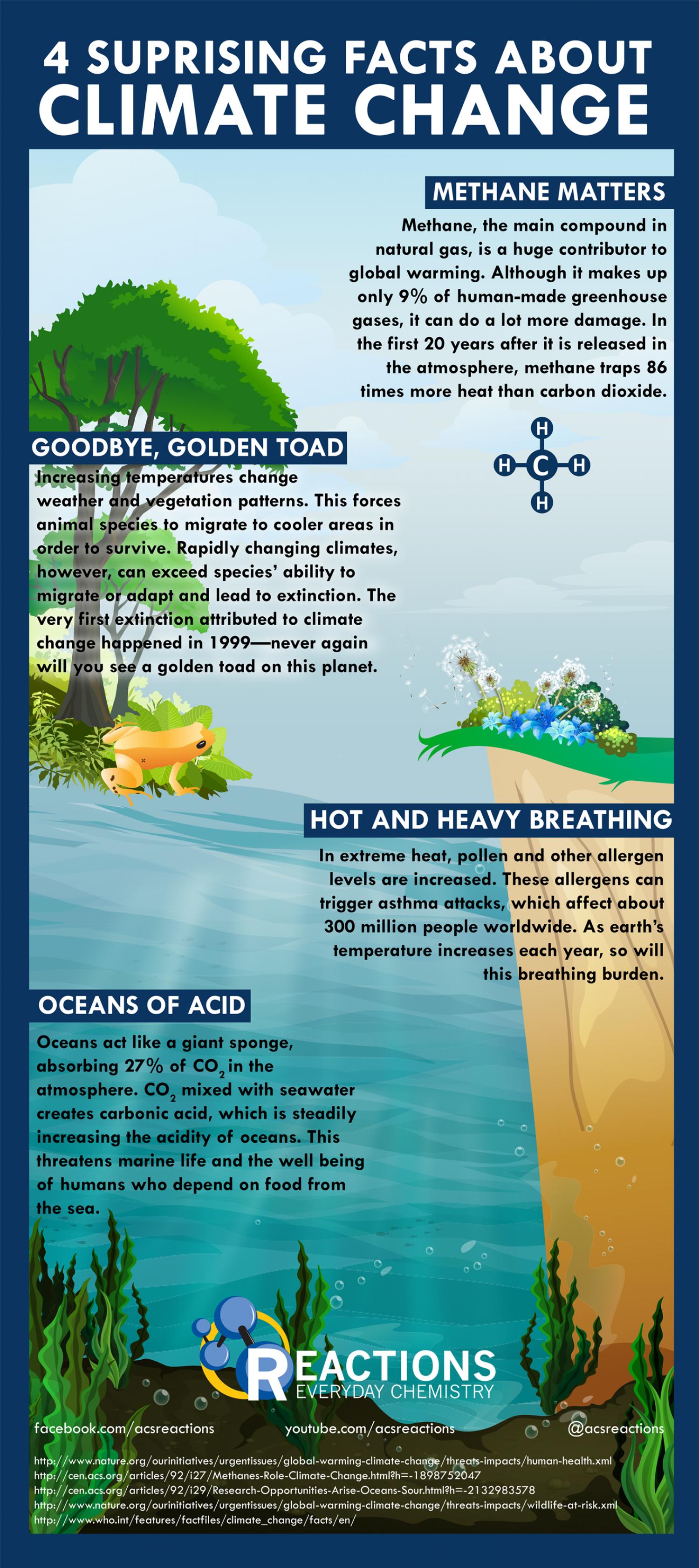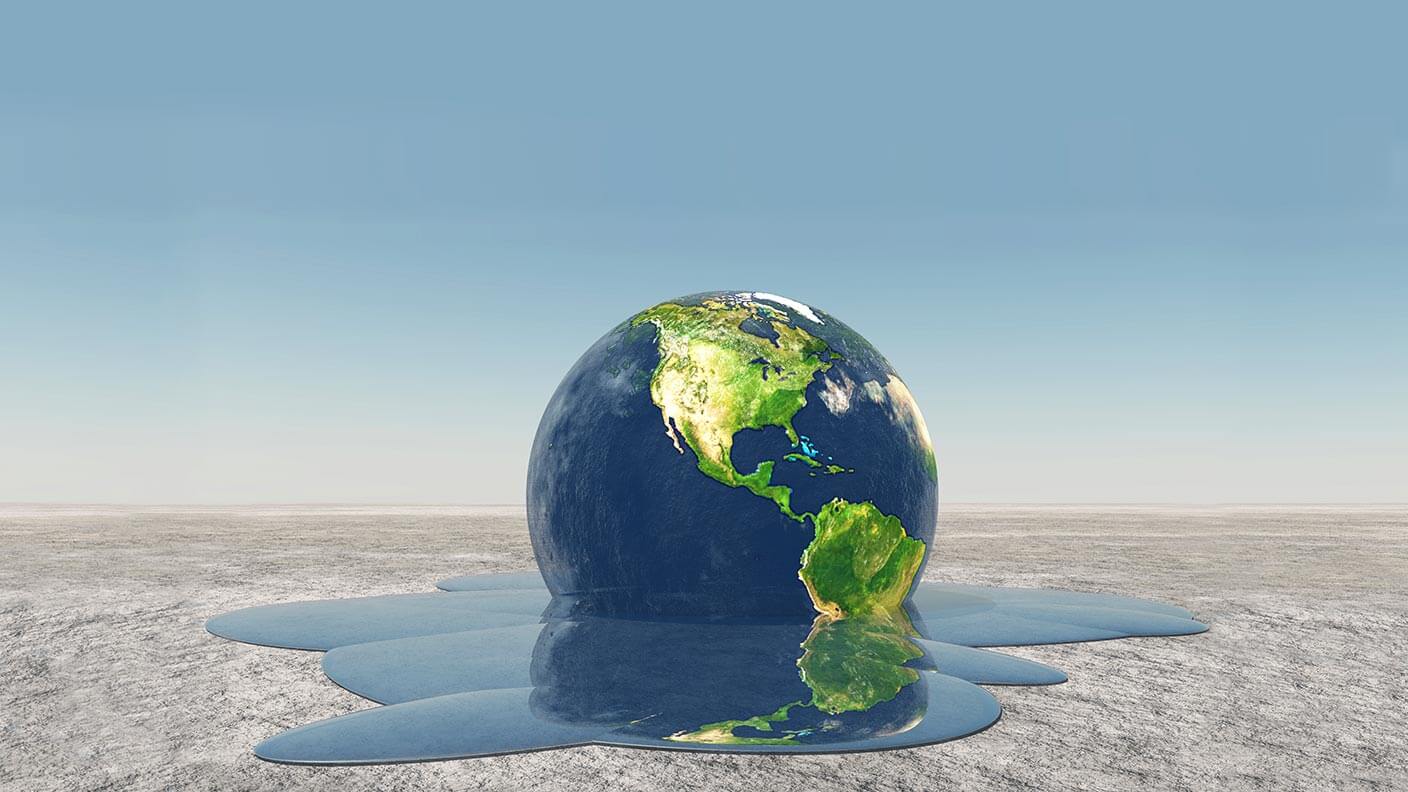
Global climate change is a serious issue that impacts all human lives. The impacts of this phenomenon have been studied by scientists in many ways. These impacts can range from altering weather patterns to reducing biological diversity. Governments must take measures to reduce the impact of this trend.

A bibliometric analysis was performed to get a broad view of current climate change research worldwide. This study compares the scientific output of different countries to identify the most significant aspects of the topic. This was done by evaluating a 40,062 article database on climate change. These articles were extracted from the World of Science database. This analysis of publications based on ecological, socioeconomic, and technological factors allowed for a comprehensive assessment of the state of the art.
Researchers found that the ocean heat content has increased significantly over the past decade. Furthermore, the Arctic is heating twice as fast and more rapidly than the rest. Sea levels are increasing at an alarming rate. As a result, cities of great size and coastal ecosystems around the globe are most at risk from the negative effects of climate change.
Scientists have examined a variety of factors that influence the Earth's energy balance. However, scientists also use sophisticated models to predict the future climate. Many of these models demonstrate that the developing world is suffering enormous climate impacts. These models can't reproduce the actual events. This is why reliable estimates of the impacts of climate change are essential to research.
Although scientists have collected a lot more evidence in support of global warming, it is still difficult for them to accurately project its actual effects. A reliable estimate of the impacts of climate change will form the basis of all mitigation strategies. Global Climate Risk Index (GCI) provides data on weather events in different years.

Another indicator of global temperature change is the increasing rate at which greenhouse gas levels have been rising. The rate of rise has been unprecedentedly high over the past century, according to research. This is because human activities have increased the amount of CO2 in the atmosphere. These gases also trap more heat from the Sun. Research shows that the rate at which the Sun's heat is warming over the past century has been 10 times faster than that of the past decade.
Melting ice sheets and rising heat in the ocean are two other signs that the earth's surface is changing rapidly. These changes can have a catastrophic effect on human life including water supply and food. There are already indications that extreme weather events may increase due to climate change. Despite numerous warning signs of a changing climate and the need to act, governments are yet to do anything to address its effects.
FAQ
How do developing countries and communities experience the effects of climate change?
Due to their limited access to healthcare and technology, developing countries and communities are especially vulnerable to the impacts of climate change. Temperature, precipitation, sea levels, and rainfall changes put additional pressure on already scarce resources. Additionally, floods and droughts cause havoc in already fragile ecosystems. Rising temperatures can reduce crop yields. This will impact communities with low incomes and food insecurity. Extreme weather events like heatwaves or hurricanes can lead to destruction of infrastructure, displacement of people and further perpetuating economic inequality.
Long-term consequences of climate change include increased resource scarcity and poverty as well as health effects such as an increase in vector-borne diseases like malaria or dengue fever. There will also be an increased risk of flooding from rising sea levels, combined with extreme weather events. This puts lives at risk in coastal locations where many people lack the necessary infrastructure and emergency services to evacuate. To build resilience against these risks, mitigation of greenhouse gas emissions is necessary. Other measures include improved management and better access to water resources.
What does climate change politics have to do with global efforts to combat it?
Climate change is a hotly debated issue, which has led to a lot division among countries, governments, as well as individuals. Politics of different actors can have an impact on the implementation of climate change measures. It is becoming difficult to reach consensus on global efforts for addressing this urgent environmental crisis.
Most scientists agree that humans are causing climate change. This is why it is urgent to act. Politics surrounding these issues can often hinder global cooperation, which is required to make effective progress in implementing sustainability energy practices and upholding regulations protecting natural environments, researching viable technological options, and other climate-change interventions.
Most governments are eager to protect their business interests and enforce rules that will limit business activity as much as possible. This is often in conflict with the regulations experts recommend to combat climate change. Without strong commitments of all participating countries, and international action on a large scale, it becomes difficult for any state or group or states to effectively address climate-change legislation.
The difficulty of reaching a full consensus about the best way to combat climate change is further complicated by differences in power dynamics. The countries with greater economic power tend to nominate their own representatives to represent them in international bodies that are responsible for the environment. This can lead to biased discussions between the perceived interests of the country and the collective interest of all parties. A number of potential side effects that could be caused by radical changes like geoengineering were also discussed at national and international levels.
At a grassroots level too, grassroots movements have struggled against powerful opponents including corporate ownerships and well-funded lobbies trying to maintain politically favorable positions for their industries especially when it comes to funding research into alternative forms of energy production or enforcing renewable energy technology mandates such as low emissions targets for vehicles etcetera - meaning individual governments must remain clearheaded about potential rewards and outcomes if they are going actively try to make valid progress on the matter in the question itself instead seeking public favor through short-term gains or even spectacles.
If we are to achieve a coordinated effort to address our current environmental crisis, it is crucial to properly distribute resources and be aware of political divisions among nations.
What is the impact of climate change on oceans and marine life around the world?
What are the effects of climate change on oceans and marine life around the globe?
Climate change has been significantly affecting the world's oceans and the associated marine life since its onset. The loss of the ozone coating and constant oceanic temperature increase causes significant disruptions in marine ecosystems.
Climate change may also be responsible for extreme sea level rises and more unpredictable weather conditions, which can prove to be fatal to coastal areas. Additionally, temperature changes may cause water systems to lose oxygen. This can result in "dead areas" in which abundant marine life is reduced.
Ocean acidification is also a result of excess carbon dioxide that has built up in the oceans. This is due to climate change. Ocean acidification can raise pH levels, making it difficult for animals to adapt like crabs, clams or oysters.
Higher temperatures can also change the location or shrinkage of natural habitats, making them less suitable for some species. An increase in ocean pressure can cause a drastic imbalance between predators & prey and lead to the extinction of many species.
All ecosystems are affected by climate change. This can be directly or indirectly via evaporation, water volume reductions or sharp temperature shifts. These changes could have a devastating effect on sustainable development of marine activities and fisheries. Global climate change continues to decimate entire species, changing future lives on earth and below the surface of the oceans.
What is the climate impact of land use and deforestation?
The climate can be directly affected by deforestation and changes in land use. When trees are cut down or burned, they can no longer absorb carbon dioxide, one of the most important greenhouse gases on Earth. Carbon dioxide is therefore less removed from the atmosphere when trees are deforested or burned for agricultural purposes.
Changes in land use can release more greenhouse gases into our atmosphere. To illustrate, if forests are replaced with agricultural lands to support livestock production, fertilizer and pesticide use could increase methane emissions. Clearance can increase exposure of soils that have large amounts stored carbon. These soils release carbon dioxide when they are turned over or disturbed through farming activities.
Deforestation, land-use change and other environmental impacts can cause more greenhouse gas emissions than they do. It can also affect regional air quality. Smoke from deforestation-related burning events has been shown to cause decreased visibility and health problems such as asthma, as well as other respiratory conditions. Because of the reduced amount of aerosol particles in our atmosphere, which scatter sunlight off the Earth's surface, these changes can have a cumulative impact on global climate.
Deforestation and changes in land use have contributed significantly to the increase in global greenhouse gas emissions. They also have had adverse effects on local air quality, which further contributes to climate change. These practices must be reduced if serious efforts are to reduce climate change.
Statistics
- Indigenous peoples and local communities receive less than 1% of all climate funding despite scoring wins for people and nature Africa's broken food markets must be fixed to tackle hunger (climatechangenews.com)
- This source accounts for about 10% of all the water that enters this highly productive farmland, including rivers and rain. (climate.nasa.gov)
- features Earth's average surface temperature in 2022 tied with 2015 as the fifth warmest on record, according to an analysis by NASA. (climate.nasa.gov)
- This source accounts for about 10% of all the water that enters this highly productive farmland, including rivers and rain. (climate.nasa.gov)
- Fossil fuel production must decline by roughly 6 percent per year between 2020 and 2030. (un.org)
External Links
How To
How to Incorporate Sustainable Practices into Your Daily Life to Fight Climate Change
It is possible to integrate sustainable practices into every day life by reducing the amount of resources you consume, such as food and energy. Shopping secondhand and borrowing items from family and friends is a better option than buying new products every day. In order to reduce the amount methane in the atmosphere, it is a good idea to eat vegetarian meals only once or twice per week. To conserve energy, it is a good idea to turn off all lights when you leave a room.
A second way to combat climate change is to reduce emissions from transport sources such as cars and planes by carpooling or using public transit instead. We can also opt for renewable power sources such as solar panels in replacement of traditional fossil fuels to generate electricity at home. In order to take effective action against climate change, it is vital that policy makers support clean air regulations. In conclusion, it is extremely beneficial to work with others on issues like ending plastic pollution or deforestation. It creates more citizens who are aware and will act upon that knowledge.